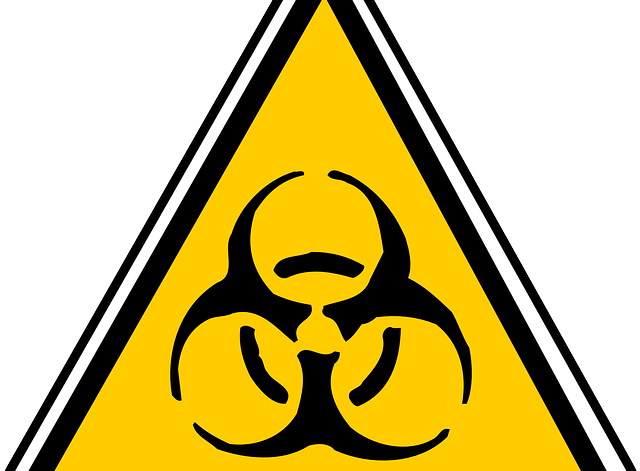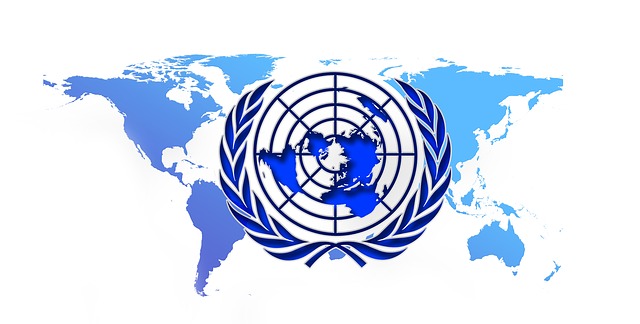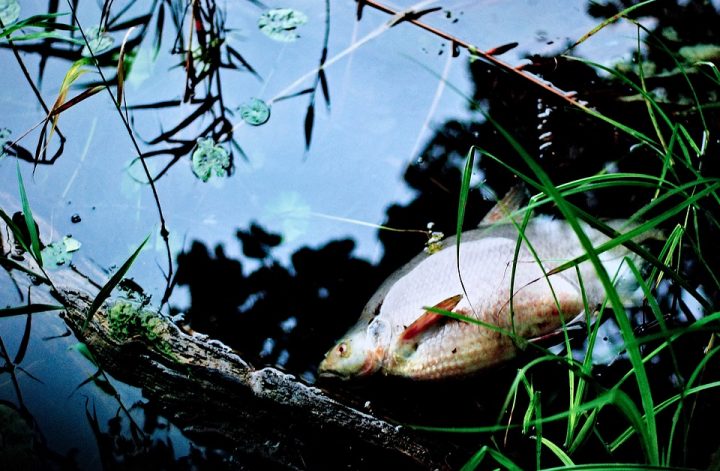Introduction
Medical waste is also known as biomedical waste or hospital waste. This type of waste consists of infectious and non-infectious material and it is either solid waste or liquid waste. Medical waste is different from general household waste unless it contains human blood, infected syringes, contaminated gloves, etc.
Also check out: Improper Management of Solid Waste in Pakistan and Its Effects
Sources of Medical Waste
Medical waste is being produced from all types of healthcare-related facilities, researches, and practices. The main sources of medical waste are biological practices, hospitals, clinics, veterinary hospitals, medical health facilities, laboratories, dental hospitals, research centers, morgues, nursing homes, etc.
Types of Medical Waste
Medical waste is divided into few categories out of which four are defined as
General: Genera waste is similar to municipal solid waste such as paper, pencil, glass bottles, etc.
Infectious: The waste that could cause infectious diseases in Humans. The infection-causing agents are microbes such as viruses, bacteria, etc.
Radioactive: The waste that is produced from medical treatments and equipment such as brachytherapy, chemotherapy, etc.
Hazardous: The waste consists of chemicals, surgical instruments, drugs, etc. Hazardous waste has the significant potential to affect human health.
WHO has defined medical waste as infectious, sharps, pathological, pharmaceuticals, radioactive, and others.
Another type is Pathological Waste and this waste consists of body organs. If certain body parts undergo radioactive treatment then the outcome is considered radioactive waste.
Also read: Solid waste – Types, Sources, and Effects
Medical Waste in Pakistan
Pakistan is a developing country where municipal solid waste is not properly treated and managed and in the end, it is dumped openly. The management of medical waste is quite different and however, like MSW, medical waste in Pakistan is not treated more differently than general waste. The medical waste being produced in Pakistan is approximately 250,000 tonnes annually.
The business of medical waste recycling is at the peak in Pakistan. The Environmental Protection Department is active against such recycling businesses that include high-quality plastic produced from medical waste.
Medical Waste Management in Pakistan
The medical waste is first subjected to on-site segregation in the hospital followed by collection in colored dustbins (red, green, and yellow) that are labeled with waste type. The trolleys collect waste that is then transferred to incinerators. However not all medical waste throughout Pakistan is managed in this way. The disposal techniques are absent because adequate landfill sites are not present.
There are published researches that highlighted poor management of medical waste being produced in public and private hospitals.
Environmental Impacts of Medical Waste
The environmental impacts of medical waste are extremely dangerous not only for the ecosystem but also for human health. Medical waste is the potential source of toxins that can cause air, water, and soil pollution.
The untreated hospital discharge carries pathogens or other contaminants that might pollute water sources. The exhausts of incinerators at few hospitals are causing air pollution. The open dumping of medical waste could lead to detrimental effects. Medical waste can often result in disease outbreaks.
Human Health
If medical waste is not handled properly it can definitely cause infectious diseases or health-related problems. The health complications that are linked with exposure to medical waste are skin diseases respiratory problems, hepatitis A and B, cancer, and other contagious diseases.
Conclusion
It should not be surprising that the country lacks plans and strategies related to the handling and disposal of medical waste. Some hospitals do have their own incinerators, which is causing air pollution due to the absence of scrubbers in the incinerators. The sanitary workers at hospitals are not educated enough about the hazards associated with medical waste. In some cases, if they know, their less income does not allow them to protect themselves from the risks of infectious waste.
Also check out: Environmental Impacts Of Disposable Covid-19 Face Masks
Recommendation
Medical waste should be treated separately from municipal solid waste. The country needs appropriate designs, plans, and management strategies to deal with hospital waste. The Government of Pakistan should have assembled a team for keeping a check on medical waste management. The mafia involved in the recycling business of medical waste should be arrested and held accountable for selling discarded components of hospital waste.
Also, check out Mehmood Booti Dumping Site Impacting Environment of Lahore
I hope you all liked this post! Please comment below if you have any suggestions, comments, or feedback! We at #envpk love hearing from our readers! Thanks!




